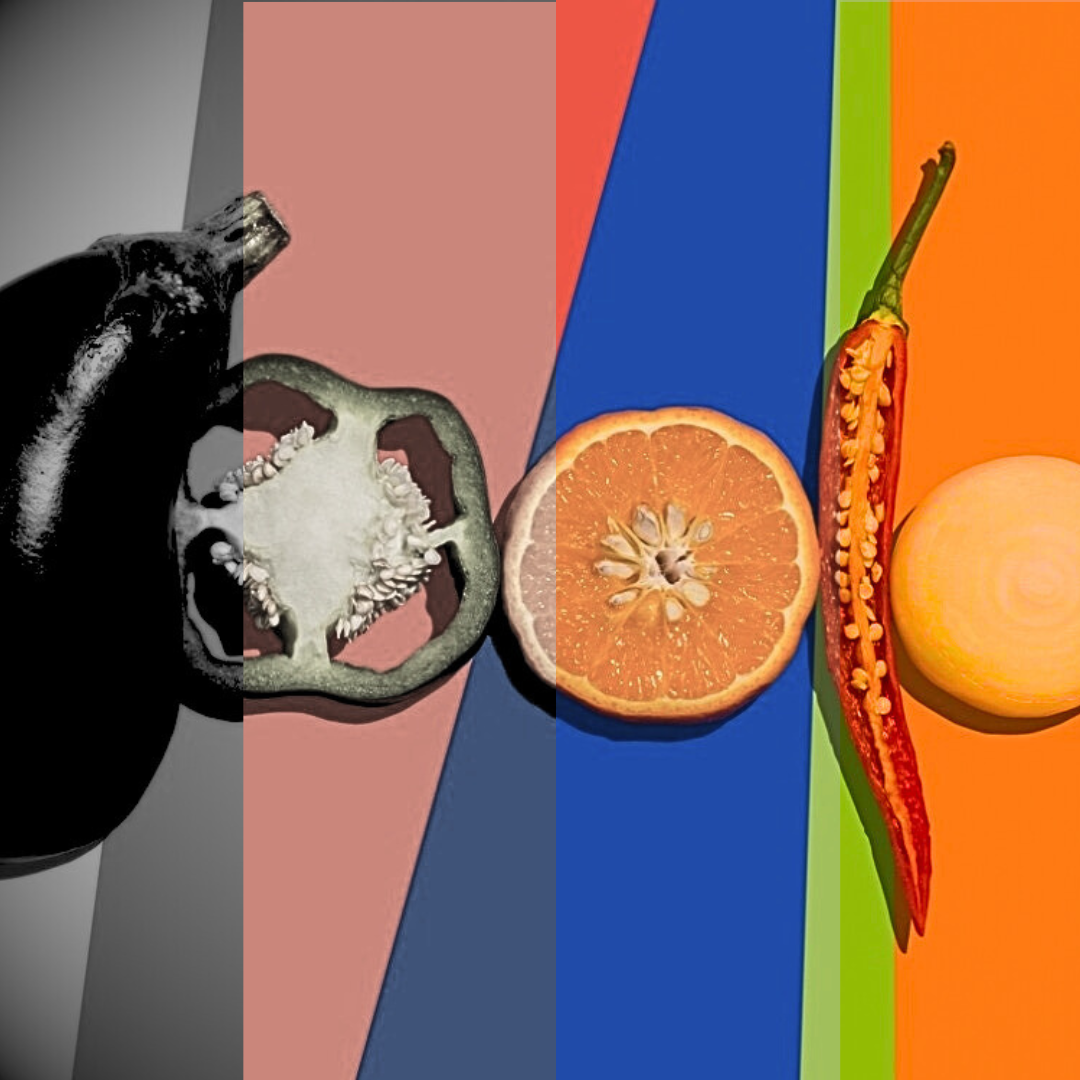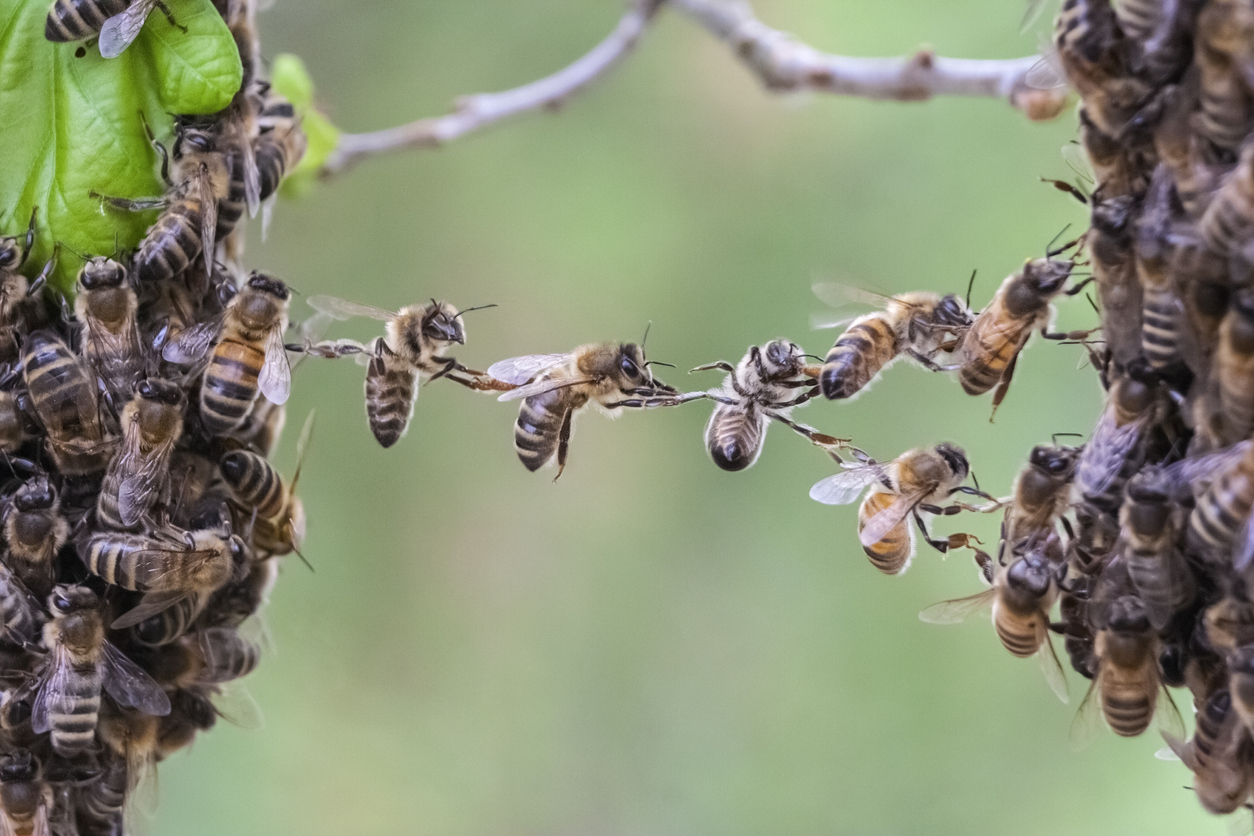Welcome to
All episodes
We review the progress made at COP27 and ask: Has there been meaningful discussion around food systems, which will result in real change?
Pippa Murray is a visionary entrepreneur, a trailblazer in the world of nut butter, and the founder of the acclaimed brand Pip & Nut.
From 18th century banquets to modern-day outdoor gatherings, the picnic has evolved, reflecting changes in social norms and everyday life.
How is the food industry doing when it comes to its net zero targets? How do we speed up the pace of change? And what challenges lie ahead?
As more of us look to improve our health and wellbeing, antioxidants have piqued the interest of some in the food and drinks industry.
For centuries alcohol has been an important part of religious and spiritual rituals. The question is – why?
What is the role of nutrition in eSports? How can it be used to optimise a gamer’s performance? And where is the research heading?
"I knew then that there has to be a better way to grow and trade our food, than one that puts people and planet last like that."
Things got so bad in the post-War period that the social historian Dorothy Hartley wrote: “Our cheeses are lost to England”.
The new University of Surrey Institute for Sustainability focuses on a future where which is both sustainable and fulfilling.
Various studies show that males account for anywhere between one-in-four and one-in-three people with an eating disorder.
It is probably a universal concern for parents: Is my child eating the right food to support their physical and mental development?
Buckle up for a story with more twists than a spiralised courgette, as we delve into the history of vegetarianism.
Paul Lindley is a renowned entrepreneur, author, and philanthropist whose career centres on innovation and social responsibility.
In a world without bees, not only would we be without their delicious honey, many of the food stuffs we enjoy would likely disappear.
Knowing where food comes from may not seem essential. But is that sensible in a world with rising costs, temperatures, and global insecurity?
Plant-based dairy is, perhaps, the longest-running success story of the plant-based movement. But some challenges still remain.
Organisers, the World Hunger Project, believe long-term, sustainable solutions are needed, favouring bottom-up strategies.
Politically, how have they got to this stage? What will the money be spent on? And what is on the horizon for plant-based food in Denmark?
In March this year, the UK Government passed a new law allowing gene-edited food to be developed commercially in England.
© 2024 Food Matters Live Ltd.





















